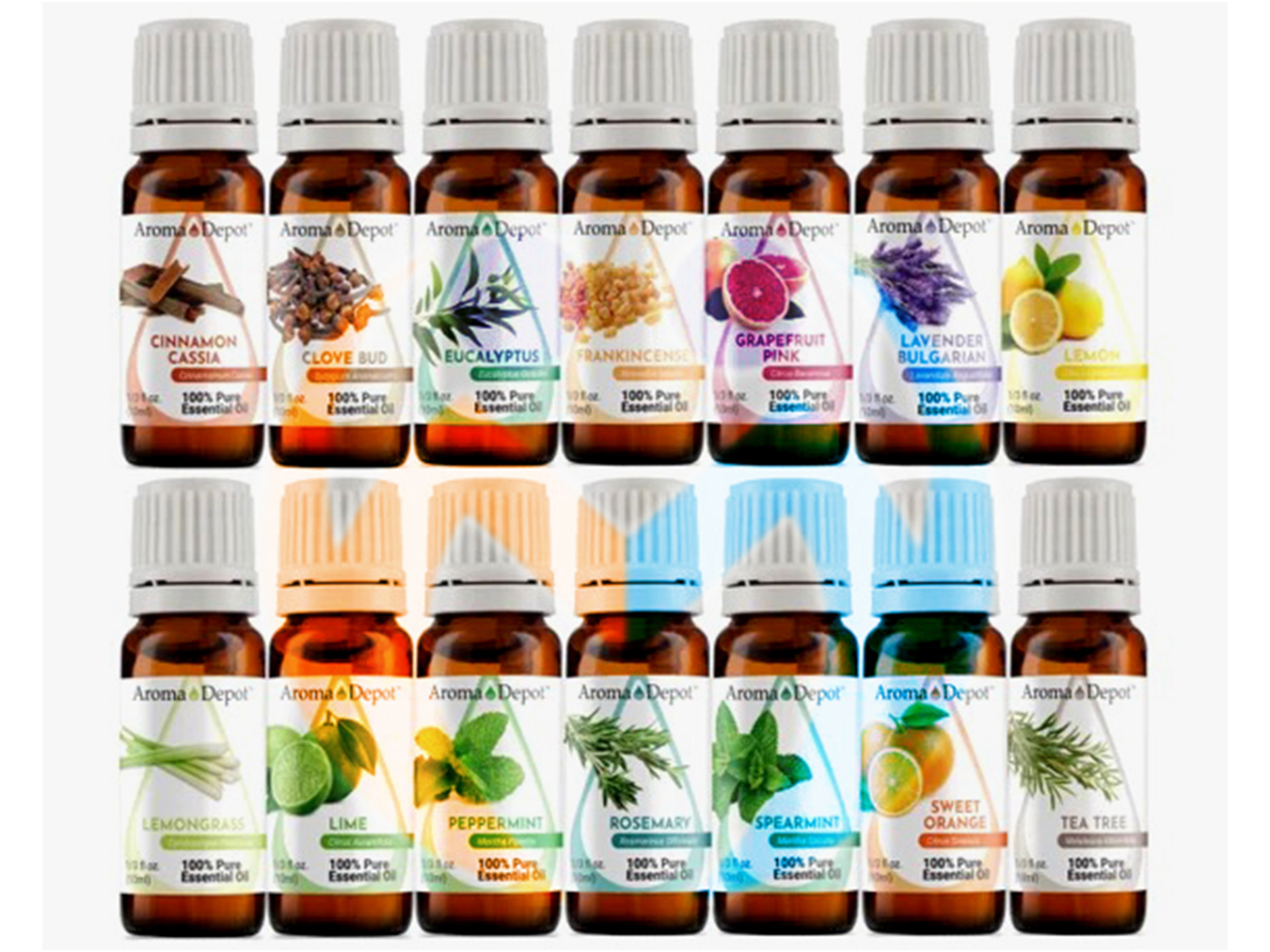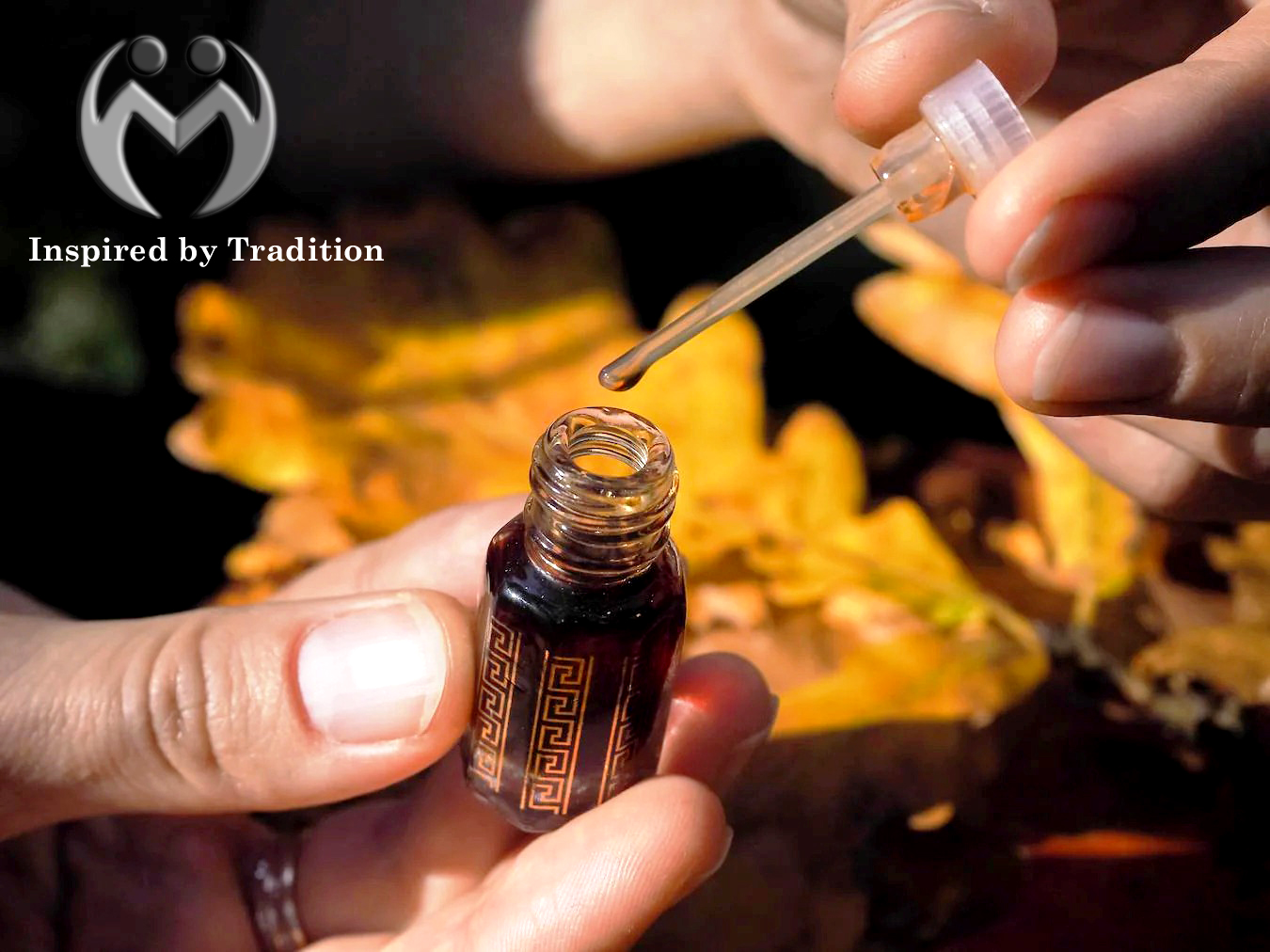Aroma oils, also known as essential oils, are concentrated hydrophobic liquids containing volatile aroma compounds from plants. These oils are obtained through various extraction methods such as distillation, cold pressing, or solvent extraction. They capture the "essence" of the plant, including its fragrance and other properties.
Here are some complete details about aroma oils:
1. Extraction Methods:
Steam Distillation: This method involves passing steam through plant material, extracting the essential oil from it.
Cold Pressing: Typically used for citrus fruits, this method involves mechanically pressing the fruit rind to release the oil.
Solvent Extraction: This involves using a solvent like hexane to extract essential oils from delicate plant materials.
2. Types of Aroma Oils: There are hundreds of types of essential oils, each derived from different plant sources. Some popular ones include:
- Lavender oil
- Tea tree oil
- Peppermint oil
- Eucalyptus oil
- Lemon oil
- Rosemary oil
- Chamomile oil
- Sandalwood oil
- Bergamot oil
Aroma oils, also known as essential oils, offer a wide range of potential benefits, both for physical and mental well-being. Here are some of the common benefits associated with aroma oils:
1. Aromatherapy: Aroma oils are widely used in aromatherapy to promote relaxation, reduce stress, and improve mood. Inhaling the aroma of essential oils can have a calming effect on the mind and body.
2. Stress Relief: Many aroma oils, such as lavender, chamomile, and bergamot, are known for their calming properties and can help reduce stress and anxiety levels.
3. Improved Sleep: Certain aroma oils, like lavender and chamomile, have sedative effects and can promote better sleep quality. They are often used in diffusers or added to bathwater before bedtime.
4. Pain Relief: Some aroma oils, such as peppermint and eucalyptus, possess analgesic and anti-inflammatory properties, which can help alleviate minor aches and pains when applied topically or used in massage oils.
5. Respiratory Support: Inhalation of aroma oils like eucalyptus, tea tree, and peppermint can help clear the nasal passages, relieve congestion, and support respiratory health, making them beneficial for conditions like colds, coughs, and sinusitis.
6. Enhanced Focus and Concentration: Certain aroma oils, such as rosemary and peppermint, are believed to improve mental clarity, focus, and concentration. They can be diffused in workspaces or used in study environments to promote alertness and productivity.
7. Skin Care: Many aroma oils have antimicrobial, anti-inflammatory, and antioxidant properties that make them beneficial for skincare. They can be added to creams, lotions, or carrier oils to address various skin concerns like acne, dryness, and aging.
8. Mood Enhancement: Aroma oils can positively impact mood and emotional well-being. Scents like citrus oils (e.g., lemon, orange) are uplifting and energizing, while floral scents (e.g., rose, jasmine) can evoke feelings of happiness and relaxation.
9. Natural Air Freshener: Aroma oils offer a natural alternative to synthetic air fresheners, effectively eliminating unpleasant odors and creating a fresh, inviting atmosphere in homes or other spaces.
10. Antimicrobial Properties: Many aroma oils have natural antimicrobial properties, which can help purify the air and reduce the spread of airborne bacteria and viruses when diffused.
It's important to note that while aroma oils offer potential benefits, individual responses may vary, and they should be used with caution, especially when applying topically or inhaling directly. It's advisable to dilute essential oils properly and consult with a qualified aroma therapist or healthcare professional, especially if you have any underlying health conditions or concerns.
Conclusion: Aroma oils, also known as essential oils, offer a diverse array of potential benefits for both physical and mental well-being. Derived from plants through various extraction methods, these concentrated oils contain volatile aroma compounds that impart distinctive fragrances and therapeutic properties.
From promoting relaxation and stress relief through aromatherapy to providing pain relief, improving sleep quality, and supporting respiratory health, aroma oils have found extensive applications in holistic wellness practices. They are also valued for their skincare benefits, mood-enhancing properties, and natural air freshening abilities.
However, it's essential to use aroma oils responsibly, as they are highly concentrated and potent substances. Dilution and proper application techniques are necessary to avoid adverse reactions, particularly for sensitive individuals. Consulting with a qualified aroma therapist or healthcare professional can provide personalized guidance and ensure safe usage.
Overall, aroma oils continue to be valued for their versatility, efficacy, and natural approach to enhancing both physical and emotional health. Whether used in massage oils, diffusers, skincare products, or home remedies, aroma oils offer a fragrant and effective way to support overall well-being.






